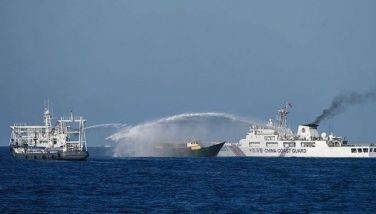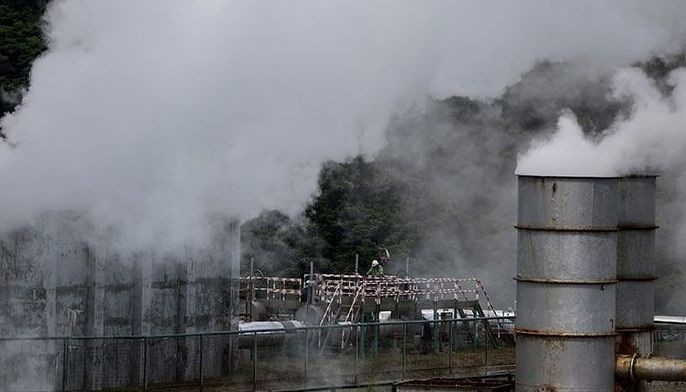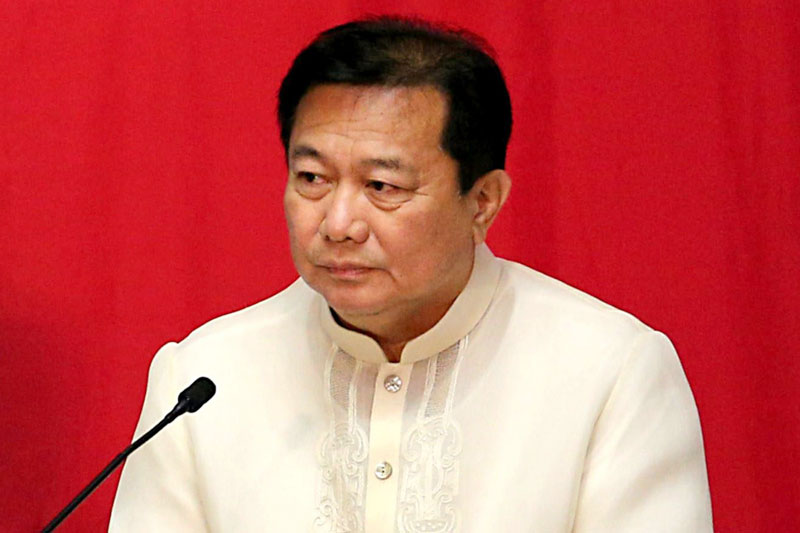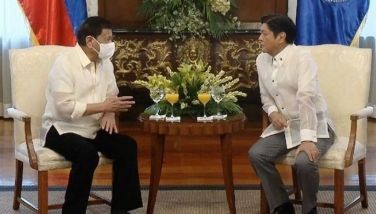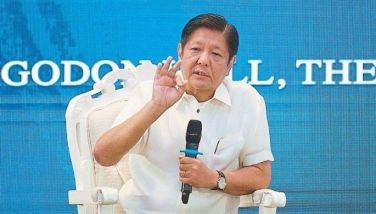Critics can question anti-terror bill before court — Palace
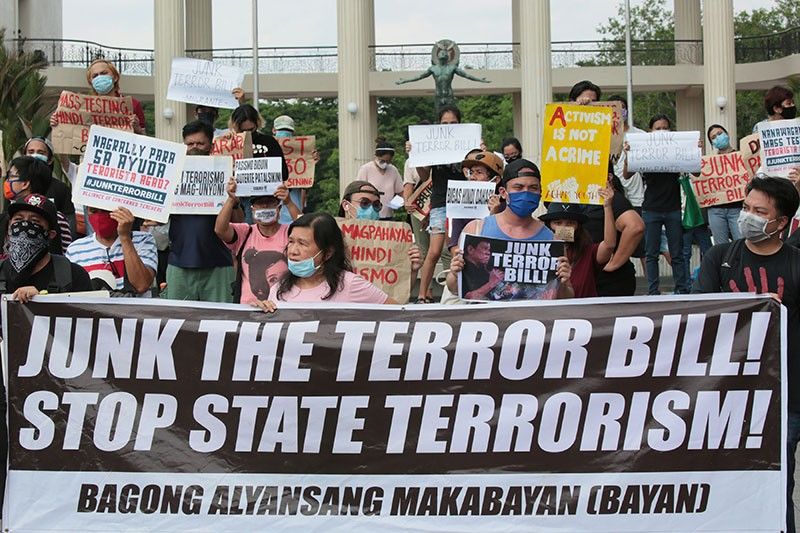
MANILA, Philippines — Groups opposed to the Anti-Terrorism Bill are free to question it before the court even after it is signed into law, Malacañang said Thursday, as calls mount for President Rodrigo Duterte to veto the measure due to fears that it may lead to abuses.
Various sectors have urged Duterte to reject the measure, saying it can be weaponized against critics of the government and contains an unclear definition of "terrorism" that is prone to human rights violations.
Among the groups that have criticized the bill is the Integrated Bar of the Philippines, the mandatory group of Filipino lawyers, which questioned the provisions creating the Anti-Terrorism Council and permitting the detention of suspected terrorists for 14 to 24 days without judicially charging them.
The Catholic Bishops Conference of the Philippines – Committee on Basic Ecclesial Communities has also voiced out its opposition to the bill, saying it contains provisions that are "reprehensive" to the rights of citizens. Various academic institutions and cause-oriented groups also fear that the measure would be used to stifle free expression.
Presidential spokesman Harry Roque said it would be too early to react to calls for the president to veto the bill. But critics, the Palace spokesman said, may still ask the court to stop the implementation of the measure.
"The truth is, once it becomes a law, they (critics of the bill) can still file cases because our judiciary is functioning. If there is a provision that violates the Constitution, it would be declared unconstitutional," Roque said at a press briefing.
Roque cited the case of David vs Arroyo, wherein an act of former president Gloria Macapagal-Arroyo was declared unconstitutional because there was no definition then of terrorism.
"The difference is terrorism now has a definition not just in the Philippines but also in the UN (United Nations) system. So it is very hard to win just like what happened to us during the David vs Arroyo case," he said.
The Anti-Terrorism Act, which was certified as urgent by the president, was transmitted to Malacañang for Duterte's signature last Tuesday. Officials previously said the president's legal team would conduct a final review on the measure before submitting it to him.
Roque reiterated that the bill has enough safeguards against human rights violations. With regard to the provision allowing the detention of suspected terrorists, Roque said law enforcers have to inform the nearest judge that they have apprehended a suspect and file the correspondent charges.
"If the arrest is malicious, there is a corresponding imprisonment that lasts for up to ten years," Roque said.
Roque previously said that Duterte's decision on the bill would be "guided by what is best for the country."
- Latest
- Trending
















